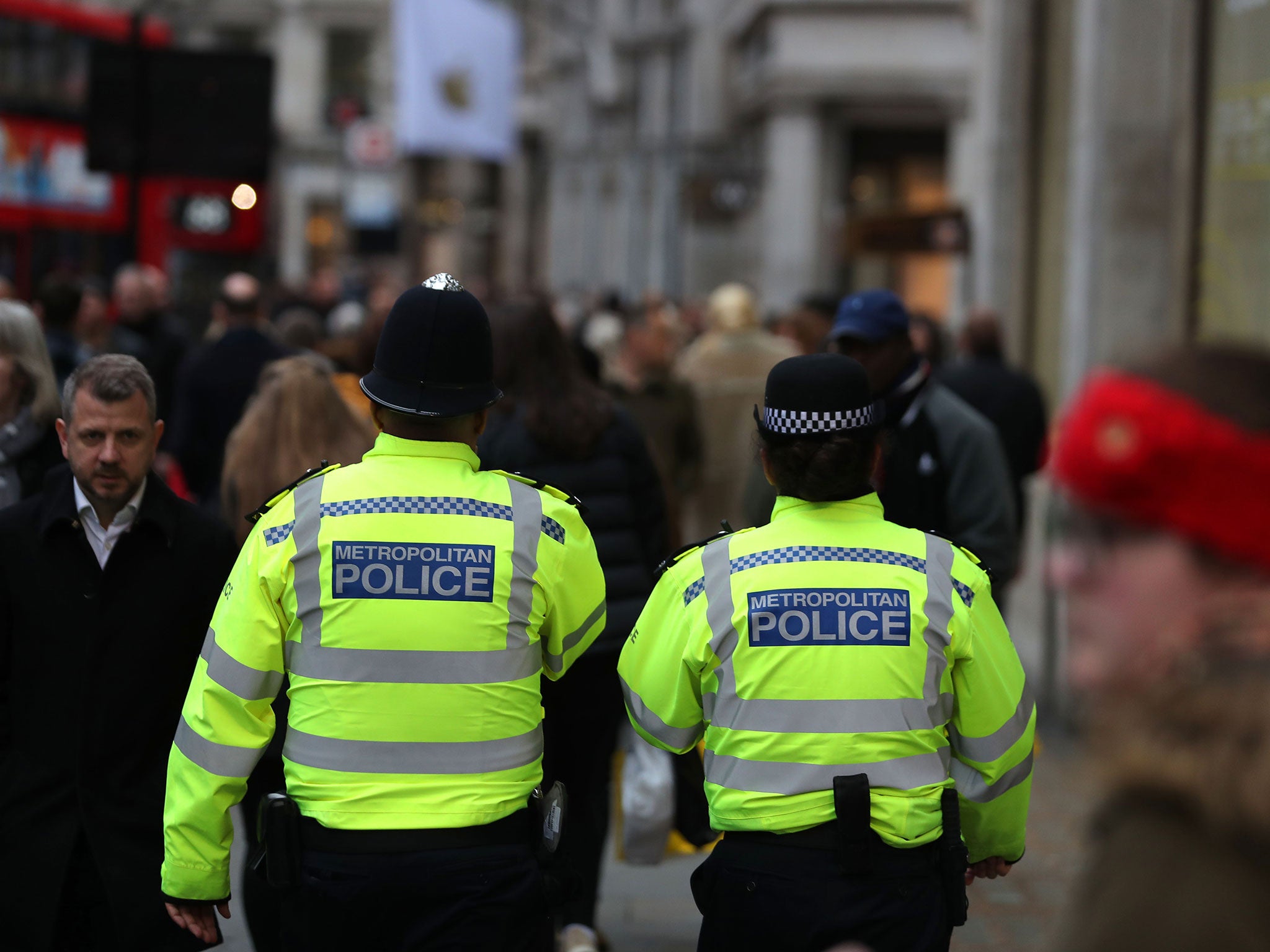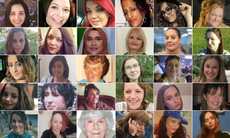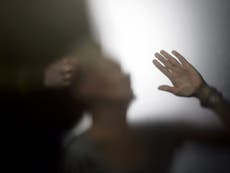Would-be partners of dangerous domestic abusers secretly warned by police
Officers using social media to give women information on offenders’ criminal history during pandemic

Women at risk of entering relationships with serial domestic abusers are being secretly warned by police in London, senior officers have revealed.
The Metropolitan Police has been messaging potential victims on WhatsApp since the start of the coronavirus pandemic, having previously contacted them in person.
At a press conference on Thursday, Acting Detective Superintendent Will Hodgkinson said officers were using social media to respond to people requesting information under a criminal records disclosure scheme.
“Traditionally it was done in person but access has been difficult in this period,” he added. “We have changed our way of operating so we can make the disclosure … you don't need to leave home to be informed about the risks.“
The Domestic Violence Disclosure Scheme was named Clare’s Law after Clare Wood, 36, whose parents campaigned for change after she was murdered by an ex-boyfriend with a history of violence against women.
It allows people to ask police for information on a potential partner’s convictions, and in London the process can now be started ”within two clicks“ on the Metropolitan Police website.
Clare’s Law, rolled out in England and Wales in 2014, also allows police to contact unsuspecting people who may enter relationships with dangerous offenders.
“We will continue to proactively make disclosures to individuals where they have that concern,” A/Det Supt Hodgkinson said.
“If we receive intelligence that a serial perpetrator has a new partner, we make that disclosure so the potential victim is fully informed.”
Commander Melanie Dales, who is in charge of public protection at Scotland Yard, said officers first ensure they are not “escalating the risk to the person” by contacting them secretly and attempting to engage them in a private setting.
“It’s quite a long process, we don’t just blindly text them or use social media to inform them,” she added.
Since March, the Metropolitan Police has received 955 requests under Clare’s Law and is urging more people to use the scheme, which can be accessed by concerned friends and relatives as well as partners.
A/Det Supt Hodgkinson urged people to look beyond signs of “traditional” domestic violence and be aware of coercive control, where victims may be emotionally abused and isolated.
He said that form of abuse, which can include threats, humiliation, intimidation and the restriction of movement, communications and financial assets, can be a precursor to violence and even murder.
“I want any victim of domestic abuse, in whatever form, to know that we are always here for them,” the officer added. “We will investigate any criminal offence and provide links to partners who can support and advise on challenges like finance and housing.”
The appeal came amid concerns that the UK’s national coronavirus lockdown and subsequent restrictions had increased the risk of domestic abuse, and made it harder for victims to access support.
Metropolitan Police statistics show that recorded domestic abuse offences rose by 7 per cent between 9 March and 22 November - an increase of 4,549 more on the same period in 2019.
Senior officers said that reports of domestic abuse by perpetrators who live with their victims - including partners and families - had increased, while reports relating to non-cohabiting couples and ex-partners had fallen.
There have been 19 domestic homicides so far in 2020, including parents suspected of murdering their children. The figure rose from 16 last year but was lower than the 29 in 2018.
Dame Cressida Dick, commissioner of the Metropolitan Police, said the number fluctuates frequently and that the rise this year could not be confirmed as a trend.
”I'm not suggesting we have had an increase this year, let alone an increase because of lockdown,“ she said. “It’s far too early to be able to say that.”
The commissioner said that ongoing court proceedings could reveal evidence about family tensions and mental health issues related to the lockdown, but that murder trials were not yet complete.
She added: “We can all imagine for those people in an abusive situation, that the time you were in an enclosed space much more with an abuser because of the restrictions is a time for tensions to grow, for crimes and abuse to happen.”
In cases where there is insufficient evidence for a criminal charge, police are imposing increasing numbers of domestic violence protection notices and orders, which can ultimately prevent abusers from returning to their victims’ homes under threat of imprisonment.
Scotland Yard has also launched 12 specialist “predatory offender units” at the cost of £7.5m to focus on tracing and arresting the most dangerous domestic abusers, sexual offenders and child abusers.
Since 2 November they team have made more than 240 arrests, including 161 for domestic abuse, and are continuing to trace offenders who are “hard to find”.
The unit concentrates on people who pose the “greatest threat” to the public, including repeat offenders and those who have broken court orders or licence conditions after being released from prison.
Dame Cressida said domestic abuse was not just an “in-the-moment crime”, but had a lasting impact on people’s lives, with victims suffering trauma that can lead to later difficulties with relationships and mental health.
“These individuals inflict serious, often entirely hidden harm on people when they are in the places they should feel safe, at home, at work, on their personal devices,” she added. “I would urge anyone who may be at risk of becoming a victim, or has concerns about a colleague, friend, loved one – please call us we are here for you.”




